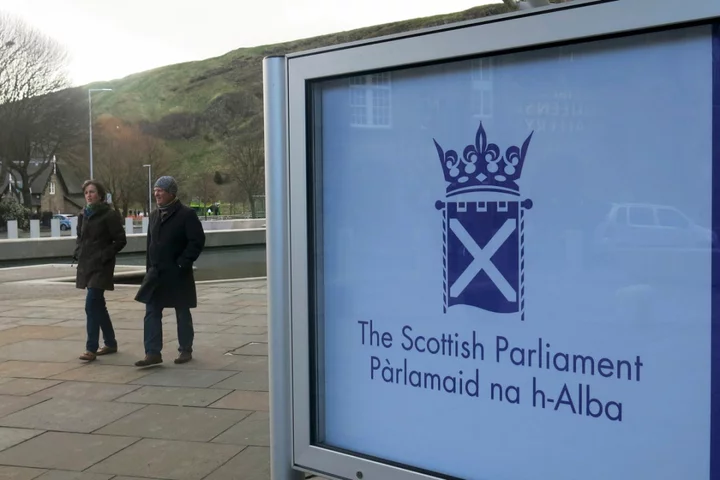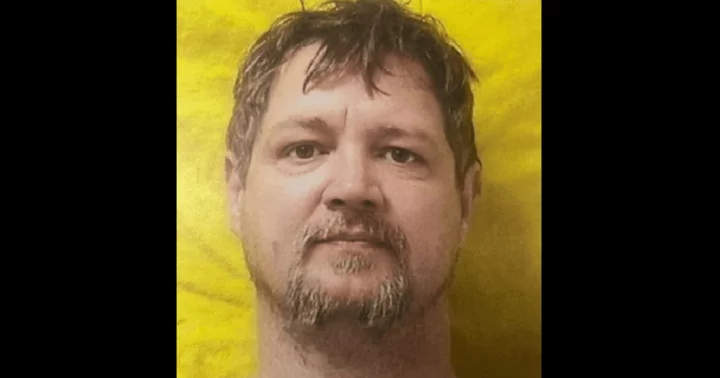The Scottish government has proposed decriminalizing possession of all drugs for personal use to tackle one of Europe’s highest overdose death rates.
The suggestion was almost instantly blocked by the Conservative U.K. government in London, which said it had “no plans” to soften drug laws.
The semi-autonomous Edinburgh government, led by the pro-independence Scottish National Party, said Friday that removing criminal penalties for drug possession would “allow for the provision of safe, evidence-based harm reduction services.”
Scotland’s death rate from drug overdoses is three times the rate in the U.K. as a whole and the highest in Western Europe. Last year there were almost 1,100 drug-related deaths in Scotland, which has a population of 5.5 million, according to government figures.
“The war on drugs has failed,” Scottish drugs minister Elena Whitham said at a news conference alongside former New Zealand Prime Minister Helen Clark and ex-Swiss President Ruth Dreifuss, both advocates of drug law reform.
“Our current drug law does not stop people from using drugs, it does not stop people from experiencing the harm associated and, critically, it does not stop people from dying,” Whitham said.
The Scottish government said decriminalization would free “individuals from the fear of accessing treatment and support, reducing drug-related harms and, ultimately, improving lives.” It cited the example of Portugal, which ditched criminal penalties for drug possession more than two decades ago and focused on treatment.
Whitham said the government also wanted to change the law so it could create supervised drug consumption rooms and would consider introducing the regulated supply of drugs.
She said the crisis would worsen without radical change. She said Scotland was “facing down the barrel of a storm in terms of synthetic opioids and new and novel street benzodiazepines that are heading to our shores.”
“If we are not prepared for that arriving here, with 21st century drug laws in place, I’m terrified as to what that could look like," she said.
But Russell Findlay, justice spokesman for the Scottish Conservative Party, said “essentially legalizing heroin, crack and other class-A drugs” would not solve Scotland’s drug deaths problem.
Scotland already allows people caught with illegal drugs to be given a police warning rather than being prosecuted, but decriminalizing drugs would require support from the U.K. government.
Max Blain, spokesman for Prime Minister Rishi Sunak, said that was not going to happen.
“There are no plans to alter our tough stance on drugs,” he said.
The Scottish government has often taken more liberal positions on social issues than the Conservative administration in London. Last year a law passed by the Scottish parliament that would make it easier for people to officially change gender was blocked by Sunak’s government.
The governing SNP uses such disagreements to bolster its argument that Scotland would be better off leaving the United Kingdom and becoming an independent country.









